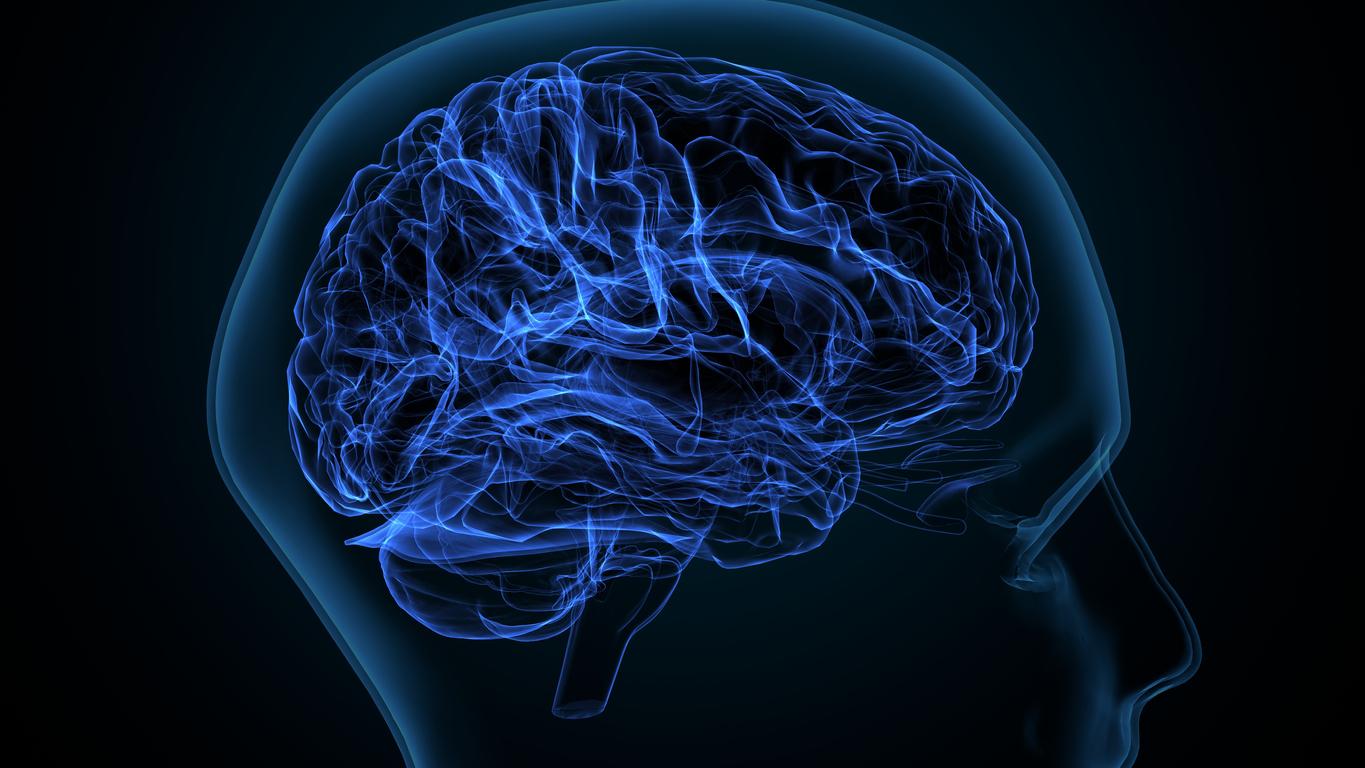A new study shows that blood vessels and arteries also play a vital role in brain health, including cognitive functions.

- Neurons have a complex relationship with the blood vessels that surround them. For the AHA, it is necessary to study their links.
- The work of the association’s experts shows that the health of blood vessels influences the risk of brain problems such as stroke, but also dementia, Alzheimer’s disease and other neurodegenerative disorders.
- Given these connections, the AHA advocates “greater collaboration between researchers and health professionals specializing in cardiovascular disease and brain health.”
Brain health is not just about the health of brain cells. The blood vessels also impact the organ and the risk of developing dementia or a neurodegenerative disease. This is revealed by the work of the American Heart Association published in the journal AHA newspaper Stoke on April 3, 2023.
Blood vessels influence brain health
The experts of the American organization took over the various studies and data gathered on the vascular system and the brain.
“Blood vessels in the brain do much more than supply blood to the brain”explained the chairman of the editorial board, Dr. Costantino Iadecola, director and president of the Feil Family Brain and Mind Research Institute at Weill Cornell Medicine in New York.
The brain needs oxygen and glucose to function properly. These are brought to it by the blood vessels. But that’s not all. Blood vessels “also help eliminate harmful byproducts generated by brain activity and regulate the traffic of immune cells in and out of the brain. When damaged, blood vessels contribute to problems with cognitive function and brain disease”says the press release from the AHA.
After its analysis of existing knowledge, the cardiology association notes that the stiffening of the vessels which ensure the circulation of blood from the heart to the brain, can cause strokes, but also increase the risk of Alzheimer’s disease. “Problems with blood flow and leakage into the brain from the bloodstream also seem to occur before symptoms of Alzheimer’s disease appear. But how they contribute to the development of Alzheimer’s disease or dementia remains unclear.” explains the organization.
The authors wrote in their article: “Evidence suggests a previously unrecognized diversity of pathogenic mechanisms by which disruption of cerebral vasculature contributes to cognitive dysfunction in neurovascular and neurodegenerative diseases, providing new opportunities for the prevention, recognition and treatment of these conditions.”
Dementia: new work needed to understand the role of blood vessels
“When you think of brain health, most people think of neurons (brain cells) and how they work”added the statement’s co-author, Dr. Anusha Mishra, an assistant professor in the department of neurology at Oregon Health & Science University. “But we don’t think about how these neurons are supported.” In addition to the link between blood circulation and brain health, there should also be – according to the organization – new studies on the role of blood vessels in the elimination of proteins present in the brain which contribute to Alzheimer’s disease. and other dementias. Their role in protecting the organ could also be the subject of further research.
The authors also call for greater collaboration between scientists and health professionals specializing in cardiovascular disease and brain health. “There are age-related brain problems that cannot be solved with a single specialty”, concluded Dr. Costantino Iadecola. “What we need is a wide variety of specialties working in concert.”
















